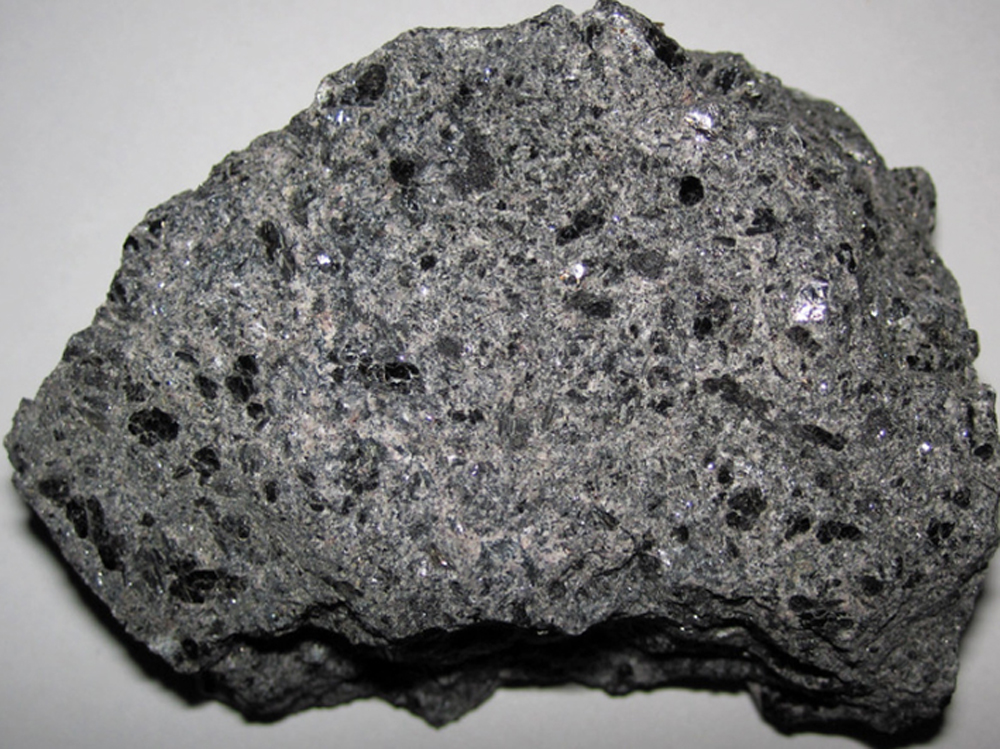Fact sheet



India is set to embark on a new chapter in its Polar exploration journey with the construction of Maitri II. The Indian government plans to establish a new research station near the existing Maitri ba...
.png )
The Deep Ocean Mission (DOM), approved by the Government of India in 2021 under the Ministry of Earth Sciences (MoES), represents a strategic step in realizing Sustainable Development Goal 14 (SDG 14:...

China recently announced restrictions on the export of seven rare earth elements (REEs), soon after US President Donald Trump decided to impose tariffs. As the world's dominant supplier—responsible fo...
Arctic: The region spans the Arctic Ocean and covers land areas in parts of Canada, Finland, Greenland, Iceland, Norway, Russia, Sweden and the United States (Alaska). Antarctic: With no native popul...
1959 Antarctic Treaty: The legacy and the challenges Created in the midst of the Cold War five decades ago, the Antarctic Treaty provided a mechanism for governing the region. In the following years,...
India led its first scientific expedition to the Antarctic in 1981 and to the Arctic in 2007. India is thus, among the very few nations in the world to operate stations both in the Arctic and the Anta...
Arctic: The region spans the Arctic Ocean and covers land areas in parts of Canada, Finland, Greenland, Iceland, Norway, Russia, Sweden and the United States (Alaska). Antarctic: With no native population or permanent residents the Antarctic is occupied by a succession of visitors occupying the various scientific bases.

1959 Antarctic Treaty: The legacy and the challenges Created in the midst of the Cold War five decades ago, the Antarctic Treaty provided a mechanism for governing the region. In the following years, new issues such as fishing and tourism along with an expanded membership have transformed the politics of Antarctic and continue to provoke serious challenges to its governance.

India led its first scientific expedition to the Antarctic in 1981 and to the Arctic in 2007. India is thus, among the very few nations in the world to operate stations both in the Arctic and the Antarctic.
